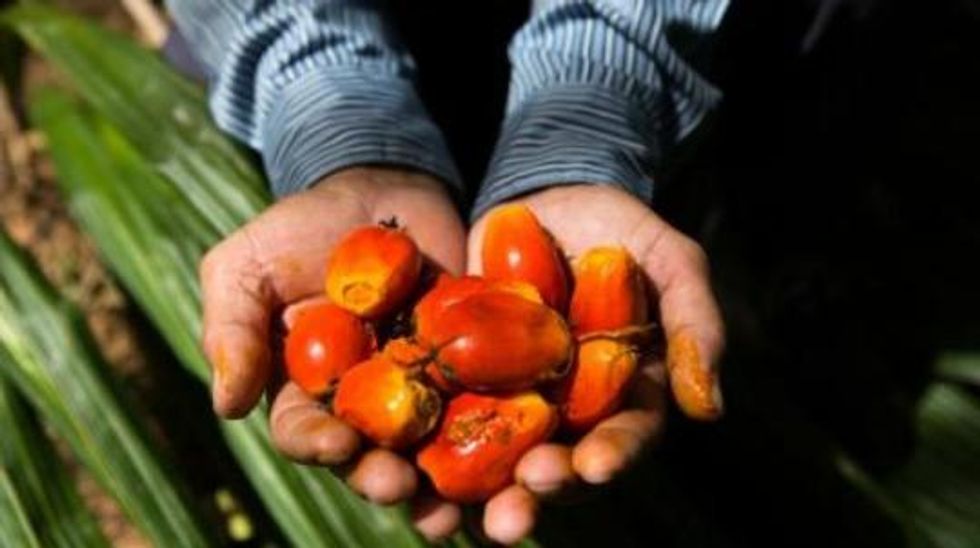On the first day of the
UN climate summit in Warsaw, Yeb Sano wept in his chair. Four days after
Supertyphoon Haiyan had smashed into the Philippines--killing an estimated 4,000 people--the lead climate negotiator for the Philippines at the U.N. tearfully announced he would fast until meaningful agreements to deal with the climate crisis were reached. Specifically at issue are emission reductions and an international mechanism for losses and damages as a result of climate change. "We can fix this," Sano pleaded, "We can stop this madness. Right now, right here." The young Philippine delegate is circulating a
petition (now with nearly three quarters of a million signatures) calling for meaningful agreements in Warsaw. He is still fasting. As we approach Thanksgiving, traditionally a time of feasting in the U.S., many have joined Yeb Sano in his fast.
Whether you are fasting or feasting this Thanksgiving, please give thought, thanks and your support to those farmers who are working to end hunger, poverty and global warming.
Food--and how it is grown--has a lot to do with climate change.
Industrial agriculture produces around a quarter to a third of the world's food. It emits around a quarter of the world's greenhouse gasses. Over the last half-century it has also destroyed 70% of the planet's agro-biodiversity, undermining agroecological resilience and severely limiting the ability of farmers to cope with global warming. Despite claims by Monsanto that its "climate smart" genes will help crops resist drought, this will do nothing to reduce industrial agriculture's emissions or to rebuild the agroecological diversity we need for agroecological resilience. (Indications are that these genetically modified seeds don't work terribly well when there isn't a drought or when drought is combined with heat waves, storms or any of the other kinds of extreme weather scientists expect with climate change.)
On the other hand the planet's one billion smallholders--mostly women who produce over half the world's food--emit very few greenhouse gasses. Those who practice soil and water conservation and agroforestry, grow polycultures (mixed, multiple cultivars), incorporate crop residues, green manures and compost actually capture carbon. As Via Campesina asserts, smallholders who practice agroecology can cool the planet.
The challenge for agriculture is to both mitigate its effects on global warming by reducing emissions and adapting to the negative impacts of climate change on agriculture The GMO industry does neither, while smallholders practicing agroecology do both.
Agroecological smallholders do one more thing that industrial agriculture does not: they remediate the negative impacts of climate change on agriculture. Climate change is not just leading to more extreme weather events, it is leading to unpredictable weather patterns in which farmers are facing falling crop yields, decreasing water availability and agroecosystem species extinction. Agroecology stabilizes yields, conserves and stores water and increases species richness through cultivar diversity and habitat restoration. (This is why agroecology is the most promising answer to the steady disappearance of the world's pollinators.) Because smallholder agroecology is both pro-poor and highly productive, it is also key to ending poverty and solving global hunger.
It is important to reach substantive and meaningful agreements at the UN Summit on Climate Change. It is also important to support the smallholders and the practices that are already demonstrating how to reverse climate change. Whether you are fasting or feasting this Thanksgiving, please give thought, thanks and your support to those farmers who are working to end hunger, poverty and global warming.




